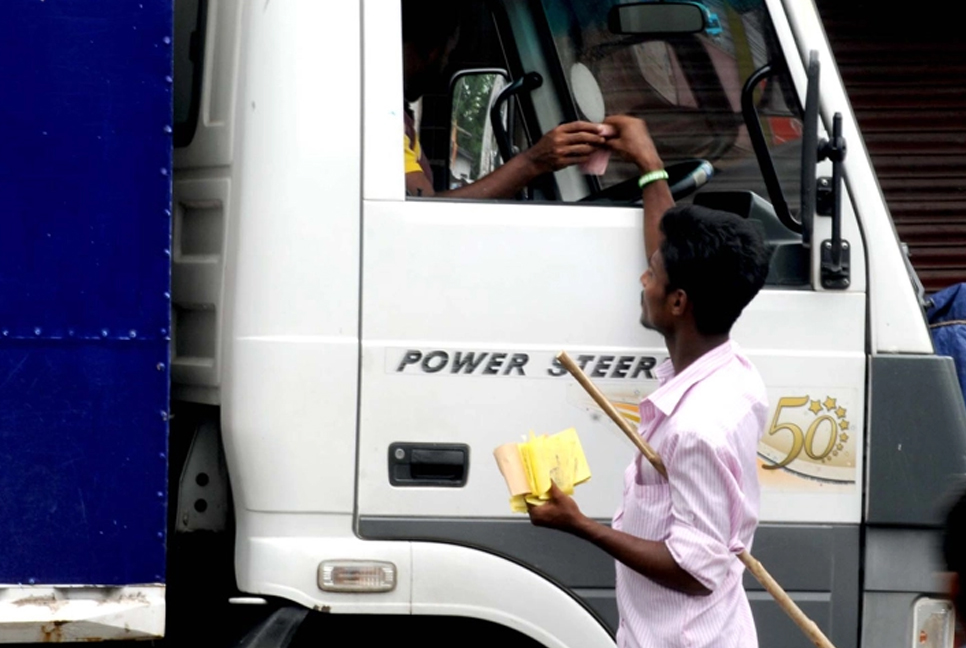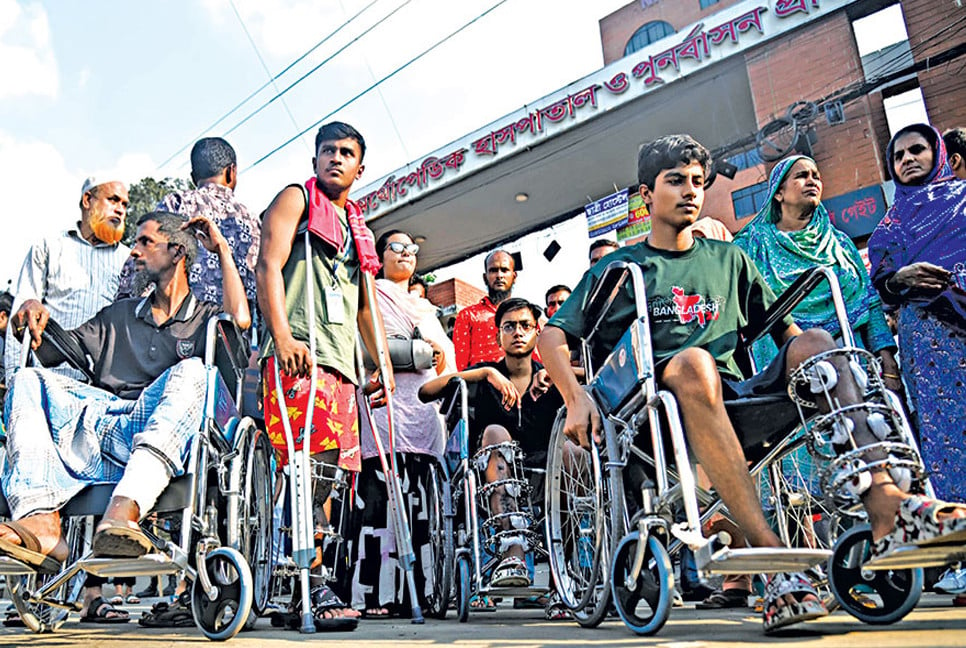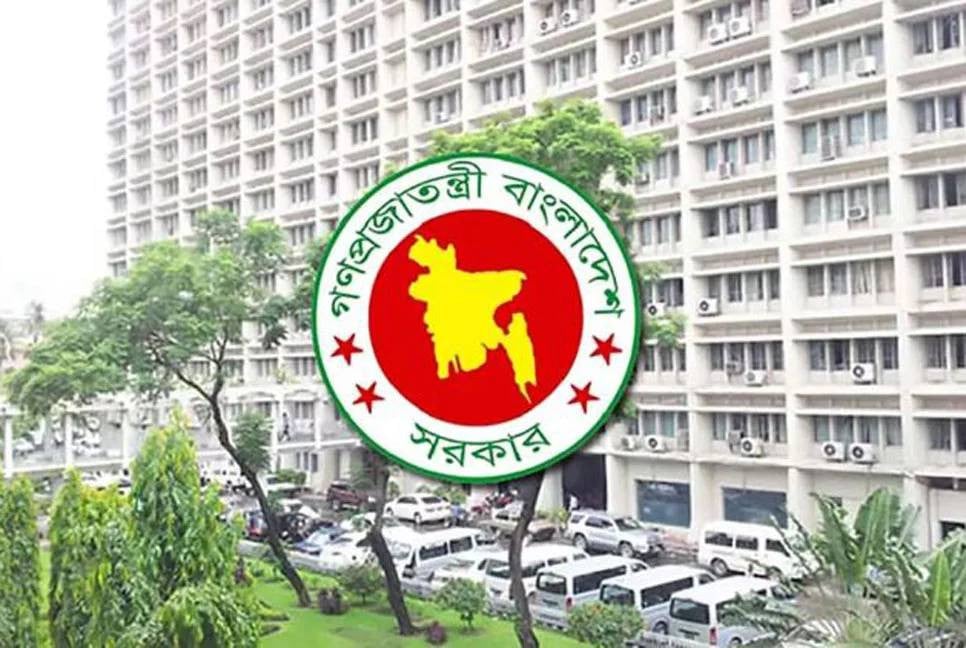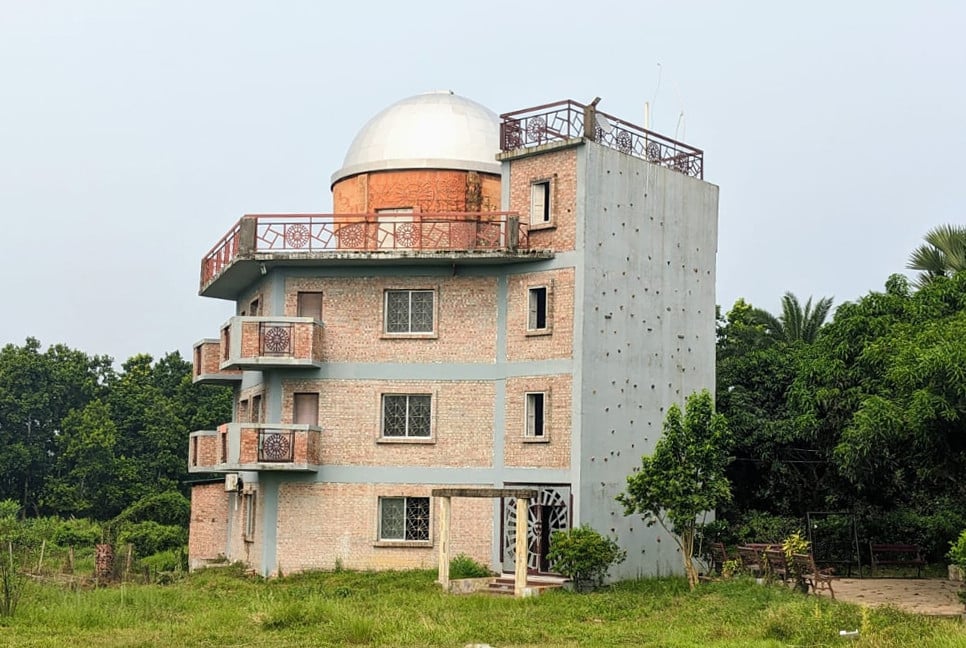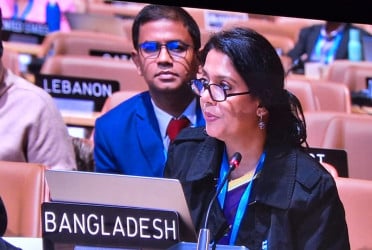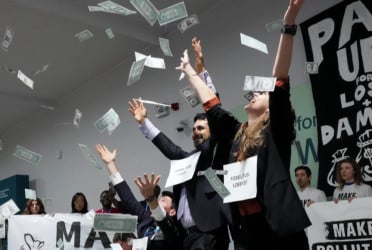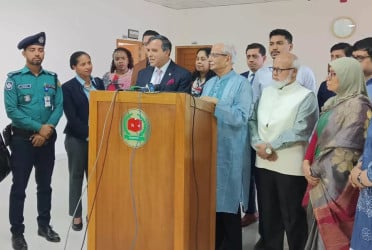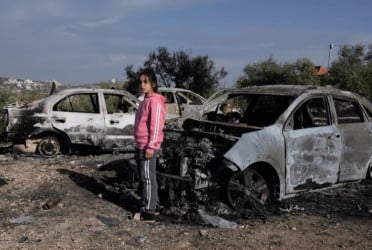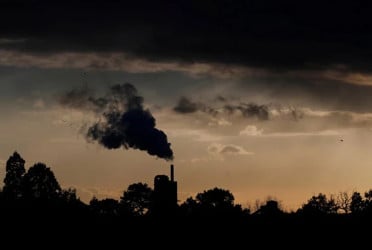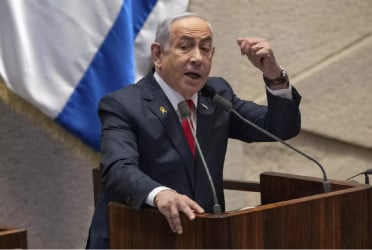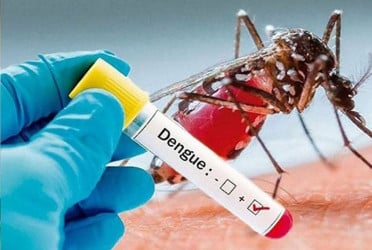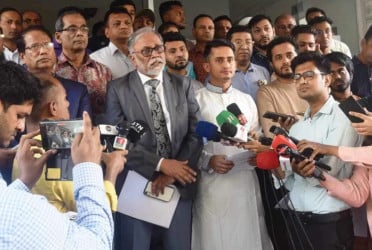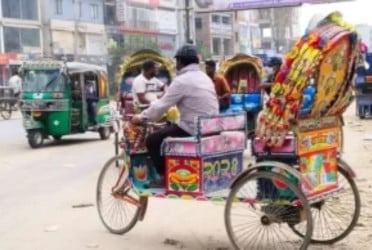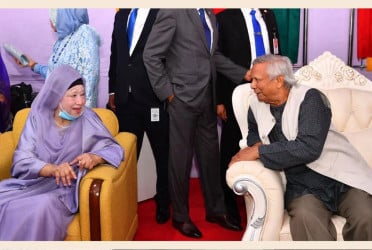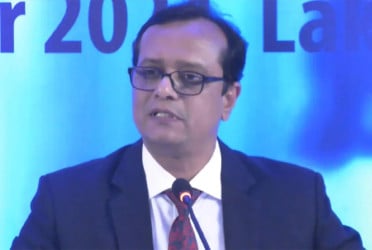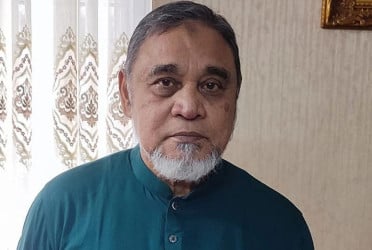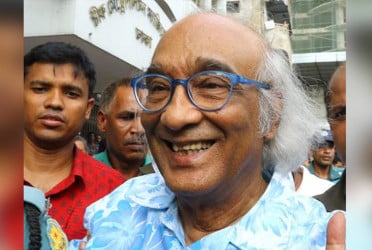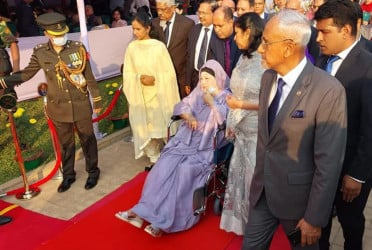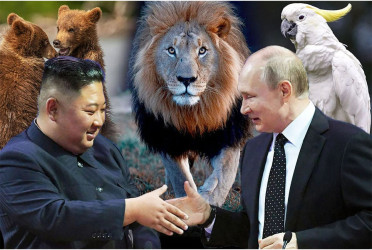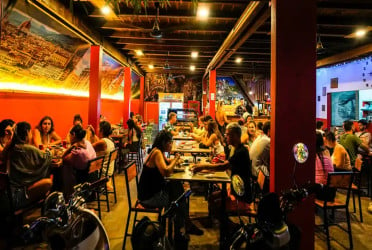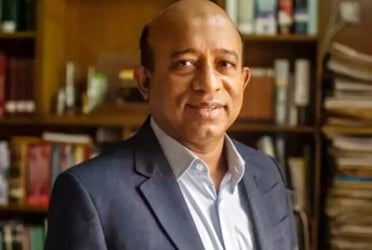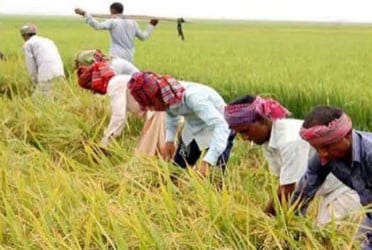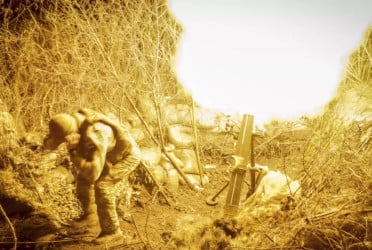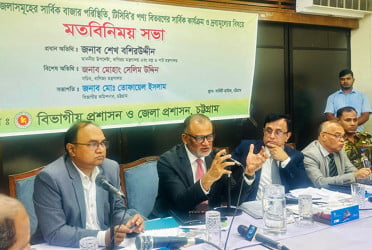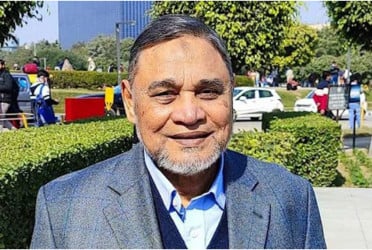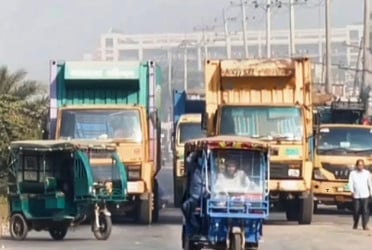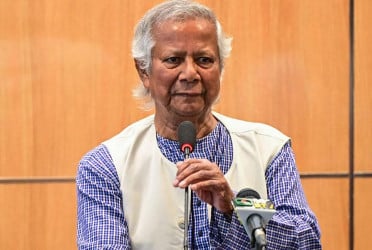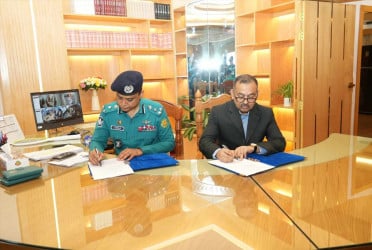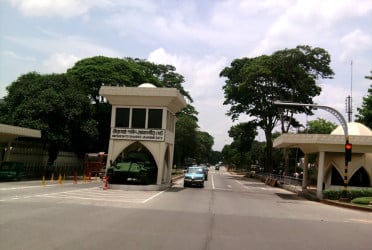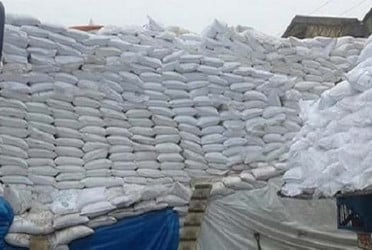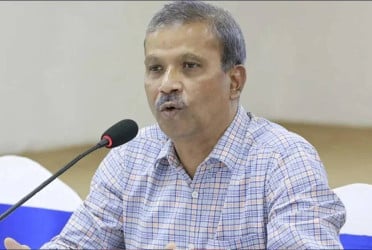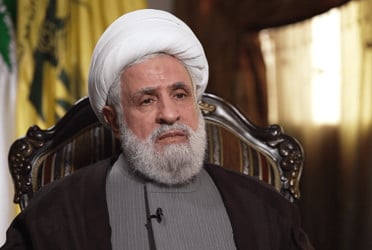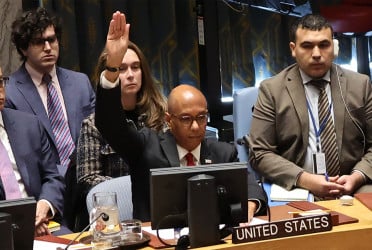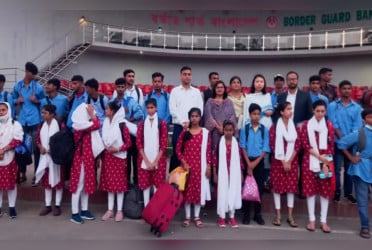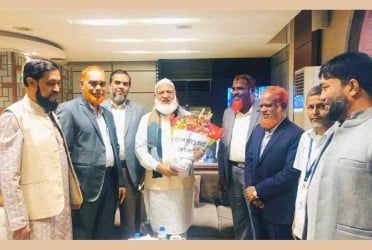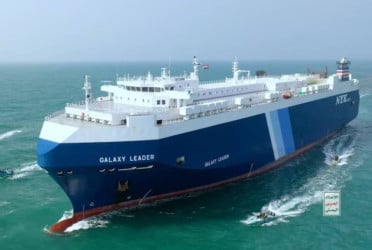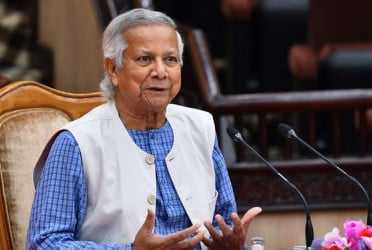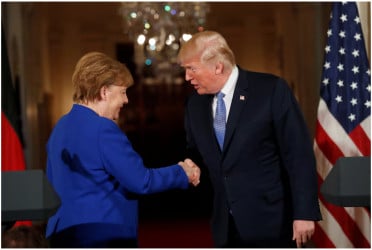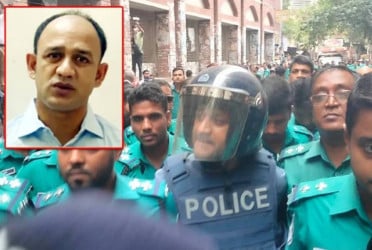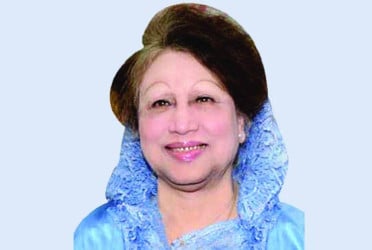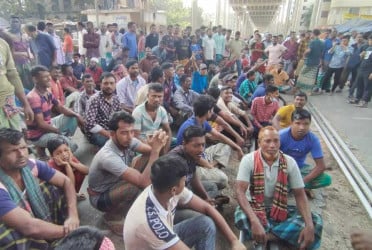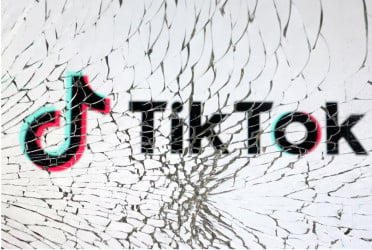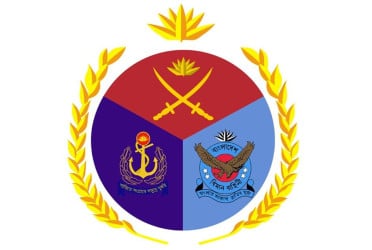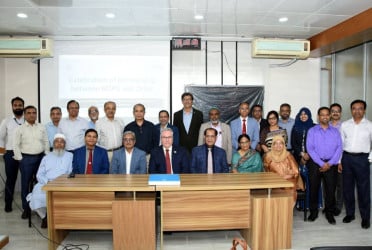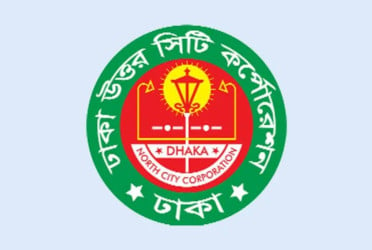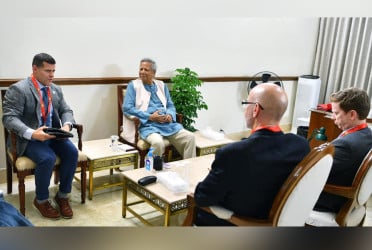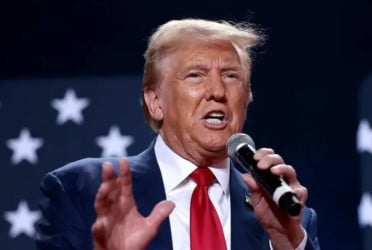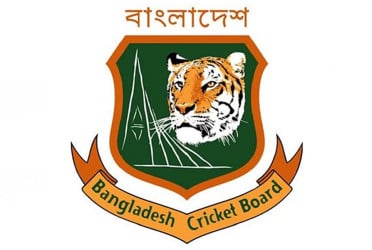In a concerning trend, extortion has become rampant within the country's transport sector, with an organized syndicate collecting crores of taka every month, implicating rising political leaders in the process.
The situation has effectively held the transport sector hostage to extortionists, with little action taken by the authorities to curb the practice, despite its open prevalence.
One notorious example is the extortion racket operating at the first Buriganga Bridge of the Dhaka-Mawa Expressway, where a gang imposes tolls on CNG-powered auto-rickshaws under the guise of environmental advocacy. Using stickers bearing slogans like 'plant trees, save the environment,' the gang extorts Tk 2,000 per month from legal CNG auto-rickshaws and Tk 3,000 from illegal ones, amounting to a staggering 2 crore taka per month from thousands of auto-rickshaws.
Drivers recount harrowing experiences, with syndicate members resorting to violence and intimidation to extract payments. Police collusion is alleged, with dumped cars serving as a coercive measure to enforce compliance.
Similar extortion tactics are observed in the Vasantek area of the capital, where battery-operated rickshaws and CNG-powered auto-rickshaws are subjected to daily tolls and monthly fees. The syndicate's grip extends to tempos as well, with rates constantly escalating, further burdening drivers and affecting retail prices of essential goods.
The same scenario was found in Mohammadpur, Hazaribagh, Pallabi, Badda, Rampura, Demra, Tejgaon industrial area, and Jatrabari area. Not only in Dhaka, terrible extortions are going on in transport in the whole country. Buses, trucks, three-wheelers, and all legal and illegal transports are hostages in the racket of extortion. The extortionist cycle is trading tokens at daily, weekly, and monthly rates.
This syndicate of extortionists has to collect tolls from one upazila to another upazila, from one upazila to another, at the terminal, from the terminal, at various points on the highway, at truck stands, illegal vehicles on the highway at a fixed rate, whether or not they have paper.
Apart from this, money is collected from hundreds of vehicles without documents and licenses in various district towns. At the same time, organized syndicates are extorting money from battery-powered auto-rickshaws, and collecting money from goods-laden trucks and all transport including buses, trucks, tempos, CNG, and auto-rickshaws.
Owners and drivers of the transport sector said that each stand is surrounded by different organizations in the name of the workers' association or the owner's association. And those organizations are led by political party leaders and influential people. An extortion syndicate of the transport sector has been formed out of them. Each stand has a lineman appointed by the syndicate. From CNG, auto-rickshaw, bus, or truck, the lineman collects the prescribed sum of money every day.
According to our inquiry, more than 15,000 vehicles are operating in Syedabad, Mohakhali, Gulistan, Fulbaria, Mirpur, Azimpur, Motijheel-Kamalapur and Gabtali bus terminals in the capital. When these vehicles come on the road, they have to pay a daily fee. In particular, in the name of the owner association, 360 to 960 taka per bus (depending on the bus company), 200 taka has to be paid for the common fund.
Apart from this, for vandalism subsidy, office purchase, community police, and city toll, a total of 100 takas and 60 takas are collected in the name of the supervisor.
A fee ranging from Tk 200 to Tk 500 is collected from all small and large passenger transports in the signboards of Dhaka-Chattogram highway, Shimrail, Kanchpur, Madanpur, and Demra staff quarter areas. It is alleged that passenger buses from Sylhet, Moulvibazar, Chattogram, and Noakhali have to pay 1.5 to 2 thousand taka per trip to Dhaka.
Apart from this, extortion is going on in tokens in different parts of the Dhaka-Chattogram highway. Out of this, transportation runs through token agreements in at least 10 places including Sonargaon, Comilla, and Feni in Narayanganj. And if the contract is not covered, the drivers have to suffer various harassment. Even if the car's papers are correct, one has to pay twice as much. Repeated complaints are not getting results.
At the same time, any vehicle entering and exiting the district, upazila, and municipal cities has to pay a fee. In the case of transportation of goods, the rate of subscription is higher. In those urban areas, money is collected from CNG, auto-rickshaws, and vans in the name of Sramik Union Oikya Parishad.
Talking to several people who are not willing to reveal their names have said that they collect the lease from the municipality of the respective area.
However, sources from the Ministry of Local Government say that only those municipalities or upazilas that have terminals can be leased for use. And the lessee will collect money at a fixed rate. In other areas, levy in the name of the lease is illegal.
A delegation led by Bangladesh Chamber of Industries (BCI) President Anwar-ul Alam Chowdhury (Parvez) met Home Minister Asaduzzaman Khan on February 18 to stop this extortion in transport. At that time, it was informed by BCI that even though Bangladesh is self-sufficient in food, food inflation is the highest. If the freight charges are stopped, the price of the goods will come down and the inflation will come down to a bearable level.
Chief of Highway Police Additional IGP Shahabuddin Khan told Bangladesh Pratidin, “We have taken all kinds of steps to stop extortion on roads and highways. We are constantly monitoring this. If any government agency is involved in this extortion, identify them and take appropriate action. And increase public relations with victims during regular operations, so that the information of extortionists is available immediately. Vigilance and coordinated administrative measures have been taken to stop extortion in transport.”
Omar Farooq Chowdhury, Senior Vice President of Dhaka District Four Stroke Autorickshaw CNG Drivers Union told Bangladesh Pratidin that for a long time, there has been a syndicate of charging Tk 2,000 per month by affixing stickers from CNG-driven auto-rickshaws in the Postgola Bridge area. They beat the driver and dump the car if they don't put the sticker. After paying money and taking a sticker, the car has to be taken out. Not only Postgola, hundreds of taka are collected from drivers every day including spot fares, city tolls, and illegal parking fares across Dhaka.
He also said that we have complained to the DMP commissioner several times to stop this extortion. Haven't got any benefit yet.
(The report was published on print and online versions of The Bangladesh Pratidin on February 28 and rewritten in English by Tanvir Raihan)

